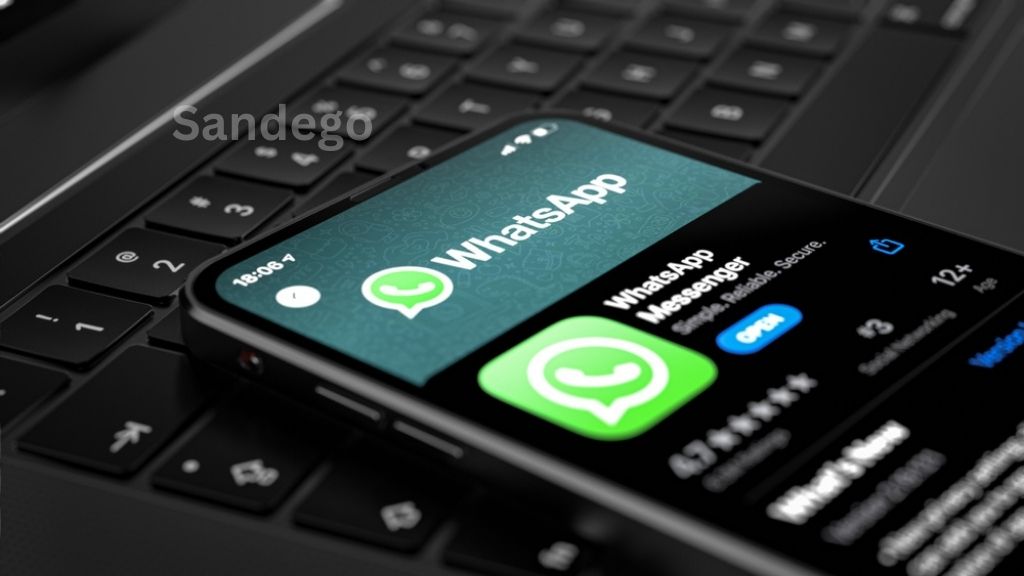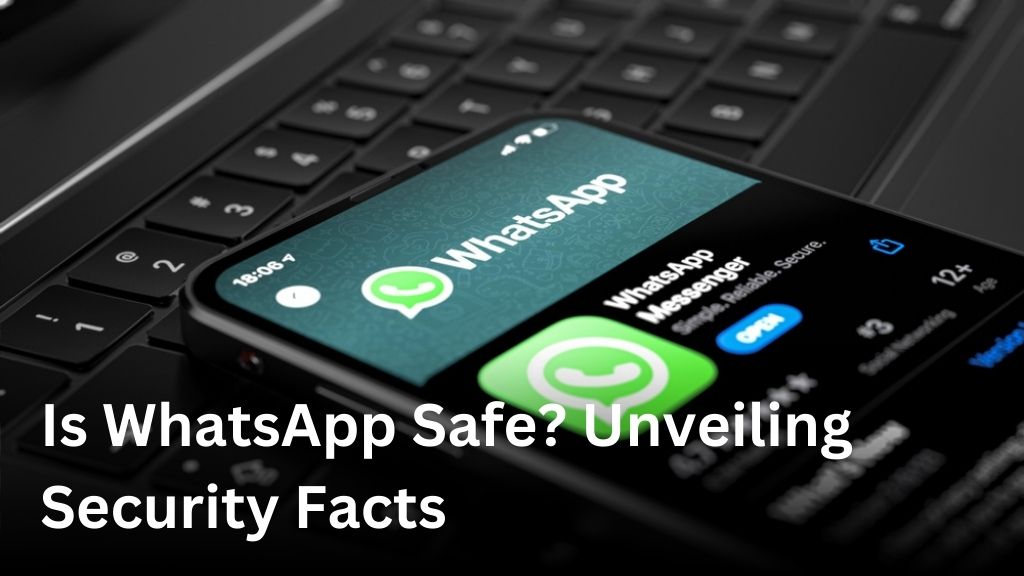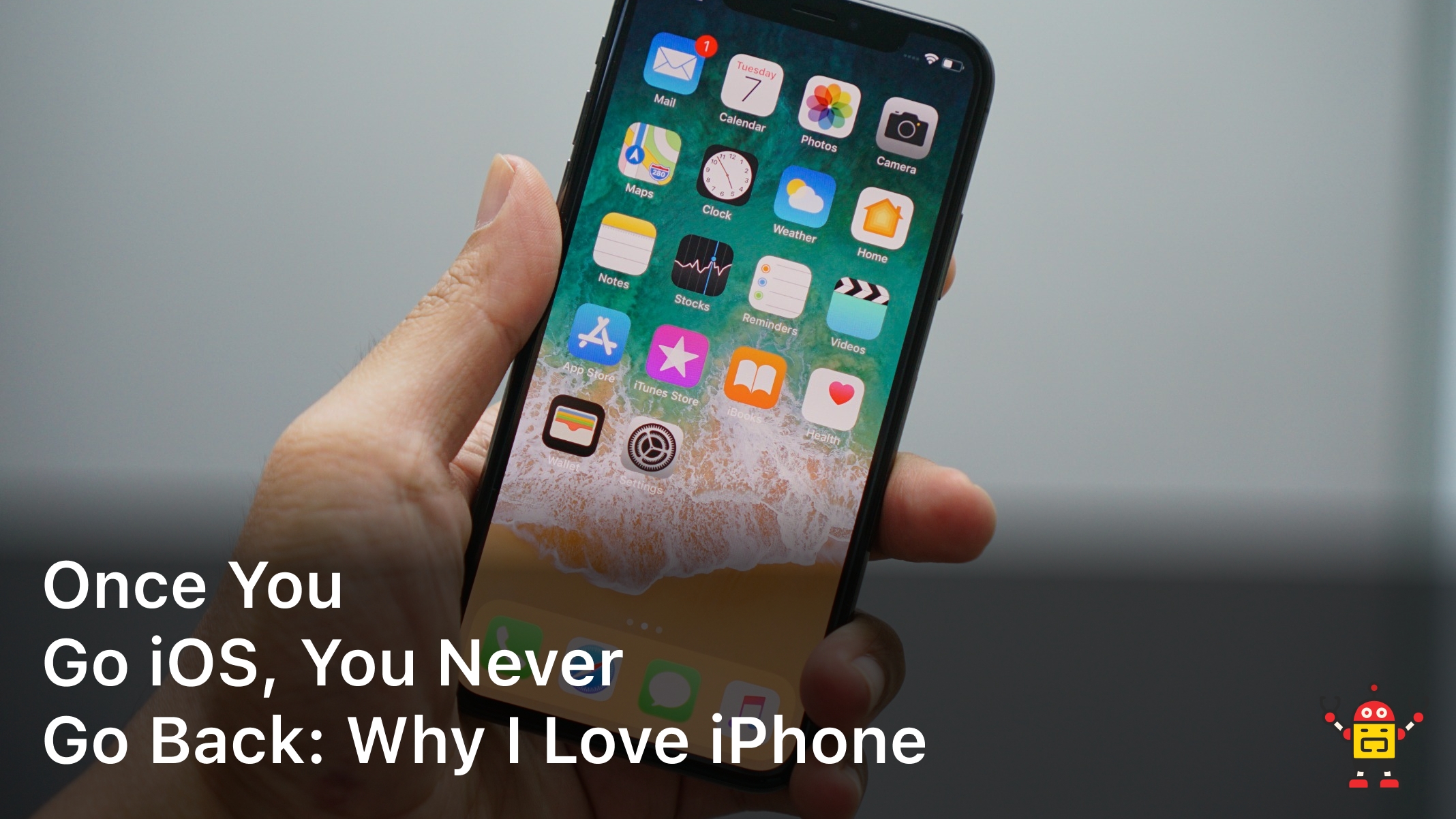Welcome to our in-depth exploration of WhatsApp’s security features and privacy concerns. In this article, we aim to shed light on the encryption, cybersecurity measures, and overall safety of the popular messaging app, WhatsApp. As more users rely on messaging apps for their communication needs, it’s crucial to understand the safety measures in place to protect our private conversations and personal information.
Throughout this article, we will delve into WhatsApp’s encryption protocols, addressing any concerns you may have about the privacy of your messages. We will also explore the steps taken by WhatsApp to ensure cybersecurity and the potential vulnerabilities that users should be aware of. Additionally, we will compare WhatsApp’s safety features to other popular chat apps, giving you a comprehensive understanding of its strengths and weaknesses in the realm of messaging app protection.
Furthermore, we will provide practical tips and best practices for enhancing the security of your WhatsApp account and conversations. By following these recommendations, you can have peace of mind knowing that your information is safeguarded on this secure messaging platform.
So, join us as we uncover the facts about WhatsApp’s security measures, address any privacy concerns, and determine whether WhatsApp is indeed a safe choice for your instant messaging needs.
Understanding WhatsApp Encryption

In today’s digital age, privacy and security are paramount when it comes to messaging apps. With WhatsApp being one of the most popular messaging platforms worldwide, it is essential to understand how it ensures the confidentiality of your messages. This section will explore WhatsApp’s end-to-end encryption, highlighting its role in creating a secure messaging environment.
What is End-to-End Encryption?
End-to-end encryption is a method of securing communication where only the intended parties can access and decipher the messages exchanged. In the case of WhatsApp, it means that only the sender and the recipient can read the messages, and no one else, not even WhatsApp itself, can decipher the content.
How Does WhatsApp Encryption Work?
WhatsApp uses end-to-end encryption to protect your messages, photos, videos, and other shared content. When you send a message, the content is encrypted on your device and can only be decrypted by the recipient’s device. This ensures that even if the message is intercepted during transmission, it remains unreadable.
The encryption process involves the use of unique encryption keys for each message. These keys are generated on the sender’s device and then securely exchanged with the recipient. As a result, only the sender and the recipient possess the keys necessary to decrypt and read the messages.
The Power of WhatsApp Encryption
WhatsApp’s end-to-end encryption provides several significant advantages:
- Privacy: By encrypting your messages, WhatsApp ensures that only you and the intended recipient can access the content, safeguarding your privacy.
- Protection Against Interception: With encryption in place, potential eavesdroppers or hackers cannot intercept and decipher your messages, providing an additional layer of security.
- Secure File Sharing: End-to-end encryption extends to photos, videos, and files shared on WhatsApp, ensuring their privacy and integrity.
- WhatsApp Business: Encryption also applies to WhatsApp Business, allowing secure communication between businesses and their customers.
Now that we have explored WhatsApp’s encryption, it is clear that the app is committed to providing a secure messaging platform that respects user privacy. In the next section, we will address some of the privacy concerns associated with WhatsApp and shed light on its data sharing policies.
| Advantages of WhatsApp Encryption |
|---|
| Privacy protection |
| Protection against interception |
| Secure file sharing |
| WhatsApp Business encryption |
Privacy Concerns and WhatsApp
As one of the leading messaging apps in the world, WhatsApp has been at the center of various privacy concerns. Users value their privacy and want assurance that their personal information is secure. In this section, we will explore some of the key privacy concerns associated with WhatsApp and shed light on the measures taken by the platform to protect user privacy.
Data Sharing Policies
One major concern revolves around WhatsApp’s data sharing policies. In 2016, WhatsApp updated its privacy policy to allow the sharing of user data with its parent company, Facebook. This move raised eyebrows among users who were worried about the implications for their personal information. However, it’s important to note that WhatsApp provides end-to-end encryption for messages, ensuring that the content of your conversations remains private.
WhatsApp also guarantees that it does not store your messages on its servers after they have been delivered. This means that your conversations are not accessible to WhatsApp or any third parties, providing an additional layer of privacy protection.
User Privacy Protections
To address privacy concerns, WhatsApp has introduced several features to enhance user privacy protections. One of these features includes the ability to enable two-step verification, which adds an extra layer of security to your account. By enabling two-step verification, you can set up a PIN that will be required when you register your phone number with WhatsApp.
WhatsApp also allows users to control their profile visibility and who can see their profile picture, status, and last seen status. Users have the option to limit this information to their contacts or even further restrict it to specific contacts. These privacy settings give users greater control over their personal information and provide a sense of security.
Transparency Reports
WhatsApp is committed to transparency and regularly publishes reports to provide insight into how the platform handles user data and responds to government requests. These reports highlight the number of requests for user information received and the actions taken by WhatsApp in response. By openly sharing this data, WhatsApp aims to build trust and reassure users of its dedication to protecting their privacy.
WhatsApp and Cybersecurity Measures
When it comes to cybersecurity, WhatsApp takes extensive measures to protect its users’ privacy and ensure a secure messaging platform. The company has implemented various features and protocols to safeguard against vulnerabilities, malware attacks, and hacking attempts.
End-to-End Encryption
- WhatsApp employs end-to-end encryption, ensuring that only the sender and intended recipient can read the messages exchanged. This means that even WhatsApp itself cannot access or decrypt your messages.
- End-to-end encryption provides a high level of security, as it encrypts messages in transit and decrypts them only on the recipient’s device.
Two-Factor Authentication
- Two-factor authentication adds an extra layer of security to your WhatsApp account.
- With this feature enabled, users need to provide a unique PIN or fingerprint to verify their identity before accessing their account.
Security Notifications
- WhatsApp notifies users when a contact’s security code changes, indicating a potential security risk.
- If you receive a security notification, it’s essential to verify with the contact directly to ensure the authenticity of the change.
Suspicious Links and Spam Detection
- WhatsApp employs advanced algorithms to detect and block suspicious links and spam messages.
- This helps protect users from malicious links that may lead to phishing attempts or malware downloads.
Regular Security Updates
- WhatsApp continuously works on improving its security measures and regularly releases updates to address any identified vulnerabilities.
- It is crucial for users to keep their WhatsApp app updated to ensure they benefit from the latest security enhancements.
| Cybersecurity Measures | Features |
|---|---|
| End-to-End Encryption | Ensures only sender and recipient can read messages |
| Two-Factor Authentication | Verifies user identity with PIN or fingerprint |
| Security Notifications | Alerts users to contact security code changes |
| Suspicious Links and Spam Detection | Detects and blocks malicious links and spam messages |
| Regular Security Updates | Provides ongoing protection against vulnerabilities |
Comparing WhatsApp to Other Chat Apps
When it comes to chat app protection and messaging app safety, WhatsApp stands as a prominent player in the market. However, it’s important to understand how it compares to other popular chat apps in terms of security and safety features.
Strengths
- End-to-End Encryption: WhatsApp’s implementation of end-to-end encryption ensures that your messages are only accessible to you and the intended recipient, providing a secure environment for communication.
- Two-Factor Authentication: By enabling two-factor authentication, users can add an extra layer of protection to their WhatsApp accounts, preventing unauthorized access.
- Popular Usage: WhatsApp’s widespread popularity makes it a target for security improvements and regular updates, ensuring that the app stays up-to-date with emerging threats.
Weaknesses
- Data Sharing Policies: WhatsApp’s acquisition by Facebook has raised concerns about data sharing between the two platforms, potentially compromising user privacy.
- Third-Party Apps: While WhatsApp itself has robust security measures, the use of unauthorized third-party apps can introduce vulnerabilities and expose users to potential risks.
In comparison to other chat apps, WhatsApp’s strong points lie in its encryption protocols, two-factor authentication, and overall user base. However, it is crucial for users to be aware of potential weaknesses and take necessary precautions to ensure their messaging app safety.
Tips for Enhancing WhatsApp Security
To ensure a secure messaging experience on WhatsApp, it’s crucial to take necessary precautions and implement best practices. By following these tips, you can enhance the security of your WhatsApp accounts and conversations:
- Create a strong and unique password for your WhatsApp account. Avoid using common passwords or ones that are easy to guess.
- Enable two-factor authentication for an extra layer of security. This feature adds an additional verification step when logging in to your account.
- Regularly update the WhatsApp app on your device. Software updates often include security patches and bug fixes that help protect against vulnerabilities.
- Be cautious when downloading and installing third-party WhatsApp mods or unofficial versions of the app. These can pose security risks and compromise your data.
- Avoid clicking on suspicious links or sharing sensitive information with unknown contacts. Cybercriminals may try to trick you into revealing personal information or infect your device with malware.
- Review your privacy settings on WhatsApp and customize them according to your preferences. You can control who can see your profile picture, status, and last seen timestamp.
- Regularly backup your WhatsApp conversation history to ensure you don’t lose important messages. This can be done in the app’s settings or by using your device’s backup options.
- Verify the identity of your contacts before sharing sensitive information or engaging in confidential conversations. This can help prevent falling victim to impersonation or social engineering attacks.
- Be selective about joining and participating in WhatsApp groups. Avoid joining groups with unknown or suspicious members, as they may compromise your privacy or security.
- Educate yourself about common WhatsApp scams and phishing attempts. Stay informed about the latest security threats and learn how to identify and avoid them.
By implementing these security measures and staying vigilant, you can ensure a safer and more secure experience while using WhatsApp, the leading secure messaging platform.
Conclusion
After a comprehensive analysis of WhatsApp’s security features, encryption protocols, privacy concerns, and cybersecurity measures, it is evident that WhatsApp is indeed a safe messaging platform.
WhatsApp’s end-to-end encryption ensures that only the intended recipients can access the messages, preventing any unauthorized interception. This encryption method guarantees the privacy and confidentiality of your conversations.
Although there have been occasional privacy concerns about WhatsApp’s data sharing policies, the app provides robust user privacy protections. Users have granular control over their account information and can choose their privacy settings accordingly, enabling them to participate in the platform while maintaining their desired level of privacy.
Furthermore, WhatsApp consistently updates its security measures to protect against potential vulnerabilities, malware attacks, and hacking attempts. These proactive cybersecurity measures ensure a secure environment for users to communicate and share information.
In comparison to other chat apps, WhatsApp stands out in terms of its security features and commitment to user protection. While no platform is entirely immune to security risks, WhatsApp’s encryption and security protocols make it a trusted choice for millions worldwide.
Overall, with its robust encryption, privacy safeguards, and cybersecurity measures, WhatsApp offers a safe and secure messaging experience. Whether you’re exchanging personal messages or sensitive information, you can trust that your conversations are protected on this platform.
FAQ
Is WhatsApp safe to use?
Yes, WhatsApp is considered to be a safe messaging platform. It utilizes end-to-end encryption to protect the privacy and security of your messages.
How does WhatsApp encryption work?
WhatsApp encryption works by ensuring that only the intended recipient can read your messages. It encrypts a message on your device and decrypts it only on the recipient’s device, making it nearly impossible for anyone else to intercept or decipher your messages.
What are the privacy concerns associated with WhatsApp?
While WhatsApp itself is secure, there have been privacy concerns regarding data sharing with its parent company, Facebook. However, WhatsApp has implemented privacy settings and user protections to address these concerns and give users control over their data.
How does WhatsApp protect against cybersecurity threats?
WhatsApp implements various cybersecurity measures, including regular bug fixes and security updates, to protect against vulnerabilities, malware attacks, and hacking attempts. They also encourage users to enable two-factor authentication for an extra layer of security.
How does WhatsApp compare to other chat apps in terms of security?
WhatsApp is known for its strong security features, especially its end-to-end encryption. Compared to other chat apps, WhatsApp offers robust protection for your messages and attachments. However, it’s always essential to stay updated on the latest security practices and choose reputable chat apps.
What can users do to enhance WhatsApp security?
Users can further enhance their WhatsApp security by enabling two-factor authentication, regularly updating the app, being cautious of suspicious messages or links, and not sharing sensitive information with unknown contacts.






